the world's well-known internet literature writing and reading platforms, top 10 App in the Google Play and App store market. Twitter/Pinterest:@novelcatfiction
Don't wanna be here? Send us removal request.
Text
Let's talk about character motivation for a minute.
This is something that's super duper important and also gets misunderstood a lot.
Characters in your stories should have motivation for their actions. They should want something, and have a reason for doing stuff that exists beyond, "If they didn't do this, the story couldn't progress."
This does NOT mean that the character's ambition needs to drive the story -- not every story is an epic quest! Sometimes the thing the character wants is go have a nice pleasant nap and people keep bothering them and that is frankly a very relatable conflict. But they gotta want something.
Likewise, your character's motivation does not need to make logical sense as in, "This is a smart thing to do." It just needs to make believable emotional sense for the character you've introduced. Humans do things that are illogical all the time. We self-sabotage, make short-sighted decisions, ignore consequences, etc., usually because it fulfills an emotional need in the moment. Characters are like that, too. But the reader needs to be able to believe those emotions, which means you need to convey them clearly and compellingly.
So, remember, here's the formula:
1 - What does your character want?
2 - What's on the line if they do/don't get it?
3 - What's stopping them from getting what they want?
You gotta keep these questions front-and-center in your mind as you develop your character for your story, to make sure that they match the plot you're trying to work out.
333 notes
·
View notes
Text
I keep seeing people making fun of using growled, hissed, roared, snarled etc in writing and it’s like.
have you never heard someone speak with the gravel in their voice when they get angry? Because that’s what a growl is.
Have you never heard someone sharply whisper something through the thin space of their teeth? Or when your mother sharply told you to stop it in public as a kid when you were acting up/being too loud? Because that’s what a hiss is.
Have you never heard a man get so blackout angry that their voice BOOMS through the house? Because that’s what a roar is.
Have you never seen someone bare their teeth while talking to accentuate their frustration or anger while speaking with a vicious tone? Because that’s what snarling is.
It’s not meant to be a literal animal noise. For the love of god, not every description is literal. I get some people are genuinely confused, but also some of these people are genuinely unimaginative as fuck.
82K notes
·
View notes
Photo
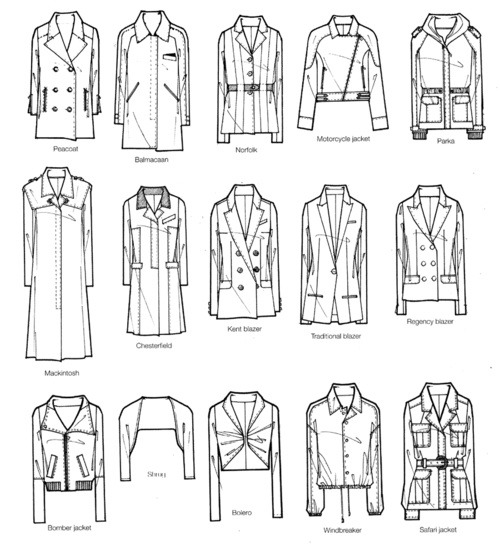
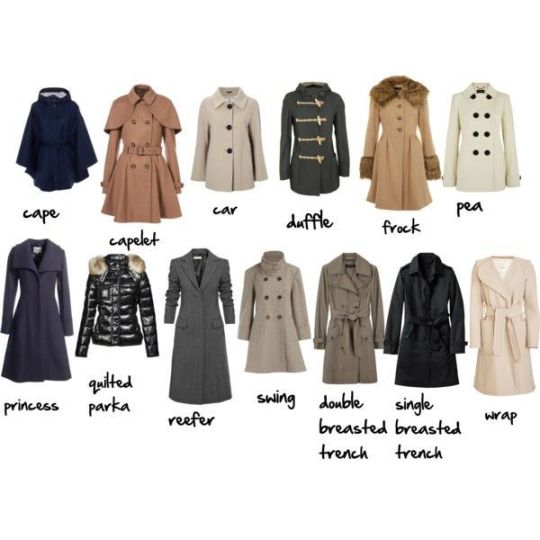
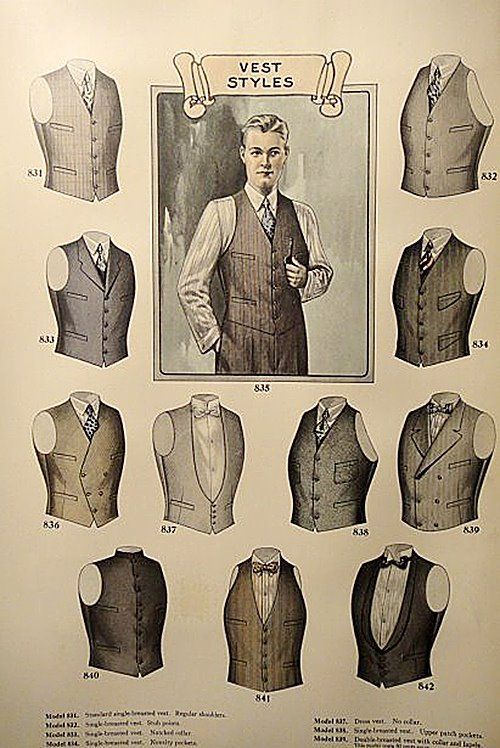
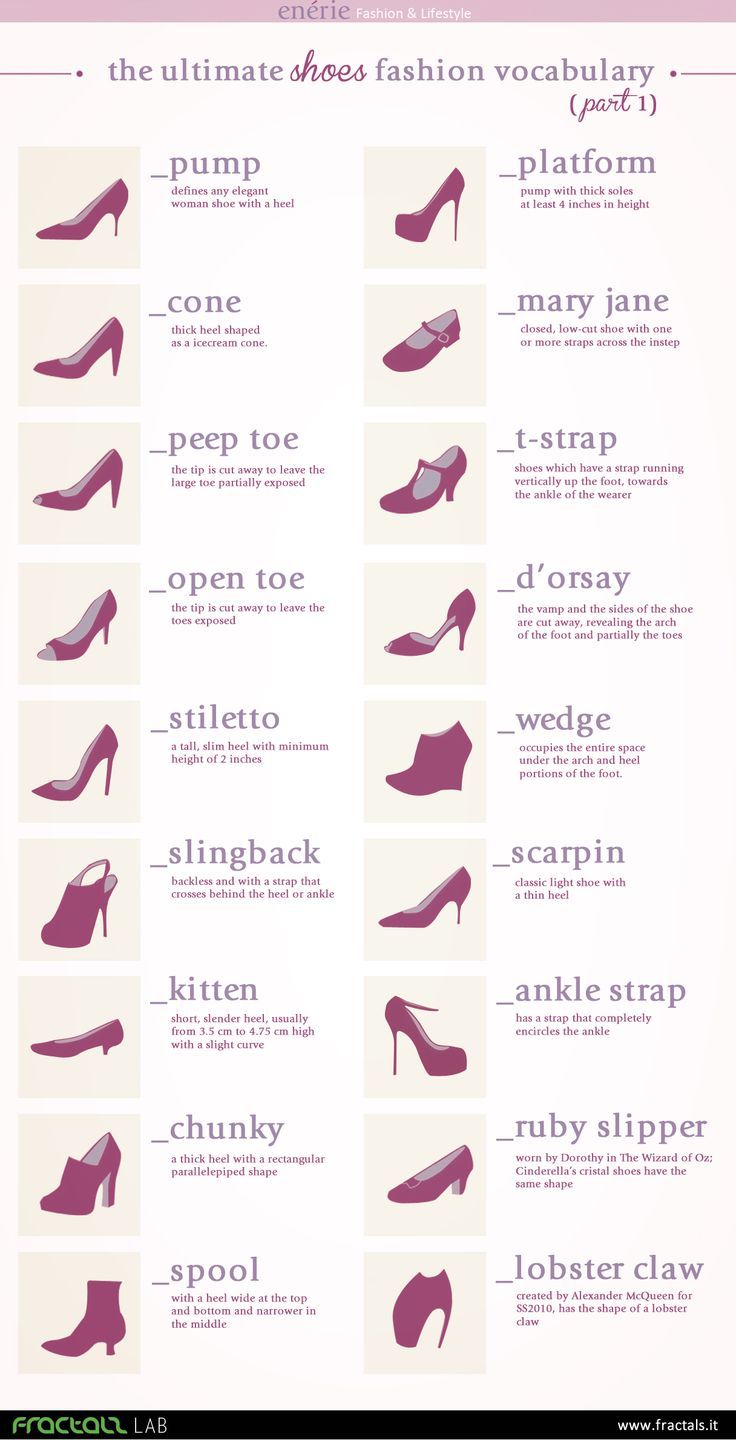

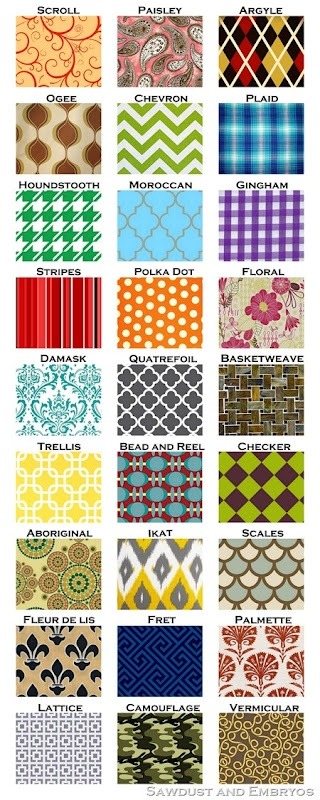
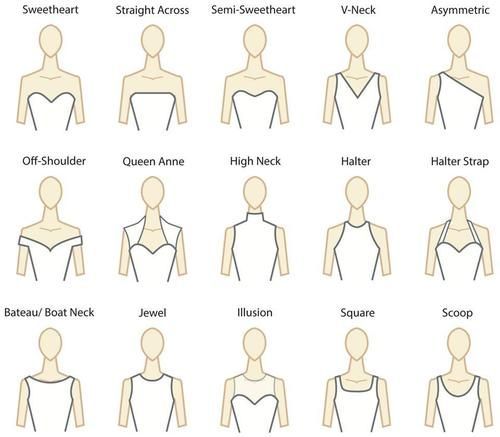
My collection of clothing references for writing.
89K notes
·
View notes
Text
One Night Stand Prompts
by creativepromptsforwriting | do not repost
Person A is not a kiss and tell kind of person, so their friends start to think that they have been alone for way too long now and set them up with Person B. What the friends don’t know is that they both already know each other – intimately.
It was supposed to be a one night stand. Then it became a second night. A third - and suddenly they realized that they had never left.
Person A normally does not go out to clubs. They normally don't accept drinks from strangers or dance with them. And they normally do not go home with them.
Remembering every last inch on Person B's body is not a weird thing, just because they only hooked up that one time. They had just been very thorough. And now the memories are haunting them. In the best way.
Person A's last one night stand ended with a misunderstanding and a lot of awkwardness. To cheer them up again, their friends set them up with a blind date. They meant well, it’s not their fault that it’s the person they had previously slept with.
Person A's friends are obsessed with setting them up with blind dates, and A knows they mean well, but they are just not interested in dating, so they just ask their last blind date and one night stand, Person B, to fake date them, so A's friends stop setting them up.
Can you still call it a one night stand if they actually already had one years ago?
Person A had never had a one night stand before, so they don't know what the correct etiquette is. They are currently bringing breakfast to Person B, who is still in bed, because that's the polite thing to do, right?
What is the worst thing that can happen when you have someone in your bed that you just had an amazing night with? Your parents deciding to pay you a visit, who are just so excited to meet your new partner.
Person A and Person B are in a committed relationship and very happy. So happy that they decide adding a third person for just one night won't change anything.
If you like my blog and want to support me, you can buy me a coffee or become a member! And check out my Instagram! 🥰
3K notes
·
View notes
Text
Silly drunk dialogue
Can also be under the influence of other stuff.
"Oh, look at the stars! Ursa Major… so beautiful!" "We're inside. Those are just ceiling lights."
"Please don't leave me!" "I'm just going to the toilette." "Can I come with you?"
"My arm is floppy. I'm like a puppet."
"Can you be my girlfriend?" "I already am." "Oh, lucky me!"
"Let’s go play baseball!" "Your shoulder is dislocated, maybe not right now."
"You look almost as pretty as this moon." "That's a street lamp." "And you're almost as pretty."
"Have you ever thought about penguins? I think we should think more about penguins."
"You have a stupid face and it's my favourite one to stare at."
"I will definitely remember this tomorrow! How could I ever forget?" *doesn't remember anything in the morning*
"Oh, I think we haven't met before." "We have been in a relationship for five years now."
"You should go, otherwise I'm doing something stupid. Like kissing you or falling asleep on the bathroom floor."
"Let's get you home." "Oh, mine or yours?" "Ours." "Oh, wow!"
"I'm totally, absolutely, not at all drunk at all. Like... at all."
"Why are you all laughing? That is not very nice. I haven't even told my joke yet."
"How many drinks did you have?" "Yes, yes I am."
"You are too beautiful for me." *starts crying*
"Why are you undressing?" "Because it's hot! And I'm hot!"
*starts singing a remix of all their favourite songs*
*then starts crying, because their own voice is too beautiful*
8K notes
·
View notes
Text
Saying "I love you" without saying "I love you" — some ways your otp can silently express affection
Forehead kisses, and smiling through the kiss
Resting their forehead on the other’s after a kiss
Tucking strands of loose hair behind their ears, with a thumb caressing their cheek
Interlacing their fingers with the other’s when they least expect it
Sleepy back hugs when the other person is busy whipping up breakfast in the kitchen, catching them by surprise
Just doing their own things in the same space; being so comfortable around the other even in their pyjamas
Holding both their hands while holding their gaze gently, just before leaning in for a kiss
Switching positions with the other when walking down a busy sidewalk because your feel the need to keep the other safe
Being playfully clingy in the mornings when one has an off day and the other has to rush to work
Getting them something from the store when they only mentioned it in passing
When one is overseas for a work trip and everything they see reminds them of the other person (bonus: whenever it happens, they take a picture and drop the other person a text.)
Squeezing their hand reassuringly and holding their hand throughout an intense social situation (eg. a large school reunion which the more introverted person is dreading)
Kissing away their tears
^ and letting the other cry on their shoulder even when their t-shirt gets soaked from their tears
Meeting them where they are, mentally and emotionally; never forcing them to do anything they aren’t comfortable with
Wholeheartedly supporting their dreams, and putting that into action by making concrete plans for it to happen
Dropping the other person an encouraging text before an important interview/event
Surprising the other with flowers just because; no occasion and no reason needed
Picking the other person up from work when it’s getting late, and walking them right to their doorstep after
Good morning and goodnight texts
Making the other person a Spotify playlist with songs that remind them of their relationship and growth
Remembering the littlest of things — activities they like and dislike, favourite brands of stationery, go-to ice cream flavour, choice of popcorn
Writing little notes on post-its and leaving them in random pages of their textbook, so that they will get a little endorphin boost when studying
15K notes
·
View notes
Text
A 'strong female character'
DOES NOT NECESSARILY MEAN
a character who is physically strong
a character who is mentally strong
a character who is emotionally strong
ABSOLUTELY MEANS
a character who makes her own choices, even if they’re mistakes
a character whose point of view is explored at least briefly
a character who is the hero of her own story whether she knows it or not
And that’s just a strong character, really.
43K notes
·
View notes
Text
Good Traits Gone Bad
Exploring good traits gone bad in a novel can add depth and complexity to your characters. Here are a few examples of good traits that can take a negative turn:
1. Empathy turning into manipulation: A character with a strong sense of empathy may use it to manipulate others' emotions and gain an advantage.
2. Confidence becoming arrogance: Excessive confidence can lead to arrogance, where a character belittles others and dismisses their opinions.
3. Ambition turning into obsession: A character's ambition can transform into an unhealthy obsession, causing them to prioritize success at any cost, including sacrificing relationships and moral values.
4. Loyalty becoming blind devotion: Initially loyal, a character may become blindly devoted to a cause or person, disregarding their own well-being and critical thinking.
5. Courage turning into recklessness: A character's courage can morph into reckless behavior, endangering themselves and others due to an overestimation of their abilities.
6. Determination becoming stubbornness: Excessive determination can lead to stubbornness, where a character refuses to consider alternative perspectives or change their course of action, even when it's detrimental.
7. Optimism becoming naivety: Unwavering optimism can transform into naivety, causing a character to overlook dangers or be easily deceived.
8. Protectiveness turning into possessiveness: A character's protective nature can evolve into possessiveness, where they become overly controlling and jealous in relationships.
9. Altruism becoming self-neglect: A character's selflessness may lead to neglecting their own needs and well-being, to the point of self-sacrifice and burnout.
10. Honesty becoming brutal bluntness: A character's commitment to honesty can turn into brutal bluntness, hurting others with harsh and tactless remarks.
These examples demonstrate how even admirable traits can have negative consequences when taken to extremes or used improperly. By exploring the complexities of these traits, you can create compelling and multi-dimensional characters in your novel.
Happy writing!
58K notes
·
View notes
Text
The symbolism of flowers
Flowers have a long history of symbolism that you can incorporate into your writing to give subtext.
Symbolism varies between cultures and customs, and these particular examples come from Victorian Era Britain. You'll find examples of this symbolism in many well-known novels of the era!
Amaryllis: Pride
Black-eyed Susan: Justice
Bluebell: Humility
Calla Lily: Beauty
Pink Camellia: Longing
Carnations: Female love
Yellow Carnation: Rejection
Clematis: Mental beauty
Columbine: Foolishness
Cyclamen: Resignation
Daffodil: Unrivalled love
Daisy: Innocence, loyalty
Forget-me-not: True love
Gardenia: Secret love
Geranium: Folly, stupidity
Gladiolus: Integrity, strength
Hibiscus: Delicate beauty
Honeysuckle: Bonds of love
Blue Hyacinth: Constancy
Hydrangea: Frigid, heartless
Iris: Faith, trust, wisdom
White Jasmine: Amiability
Lavender: Distrust
Lilac: Joy of youth
White Lily: Purity
Orange Lily: Hatred
Tiger Lily: Wealth, pride
Lily-of-the-valley: Sweetness, humility
Lotus: Enlightenment, rebirth
Magnolia: Nobility
Marigold: Grief, jealousy
Morning Glory: Affection
Nasturtium: Patriotism, conquest
Pansy: Thoughtfulness
Peony: Bashfulness, shame
Poppy: Consolation
Red Rose: Love
Yellow Rose: Jealously, infidelity
Snapdragon: Deception, grace
Sunflower: Adoration
Sweet Willian: Gallantry
Red Tulip: Passion
Violet: Watchfulness, modesty
Yarrow: Everlasting love
Zinnia: Absent, affection
59K notes
·
View notes
Text
How to show emotions
Part IV
How to show bitterness
tightness around their eyes
pinched mouth
sour expression on their face
crossed arms
snorting angrily
turning their eyes upward
shaking their head
How to show hysteria
fast breathing
chest heaving
trembling of their hands
weak knees, giving in
tears flowing down their face uncontrollably
laughing while crying
not being able to stand still
How to show awe
tension leaving their body
shoulders dropping
standing still
opening mouth
slack jaw
not being able to speak correctly
slowed down breathing
wide eyes open
softening their gaze
staring unabashingly
How to show shame
vacant stare
looking down
turning their head away
cannot look at another person
putting their head into their hands
shaking their head
How to show being flustered
blushing
looking down
nervous smile
sharp intake of breath
quickening of breath
blinking rapidly
breaking eye contact
trying to busy their hands
playing with their hair
fidgeting with their fingers
opening mouth without speaking
Part I + Part II + Part III
If you like my blog and want to support me, you can buy me a coffee or become a member! And check out my Instagram! 🥰
42K notes
·
View notes
Text
short & impactful
"Stay."
"Just go."
"I hate you."
"Because I love you."
"Don't leave me."
"Leave me alone."
"I need space."
"Don't go."
"Talk to me."
"I want only you."
"You need to move on."
"Please, speak to me."
"This will end now."
"I want to forget you."
"Hate me."
"Why?"
"Lie to me."
"I can't do this."
"Tell me."
"I'm just afraid."
"Please, leave."
"You can't leave me."
"I need you."
"Don't do this."
"Just stop."
"It's over."
"Tell me the truth."
"I can't lose you."
"We're done."
"Please."
13K notes
·
View notes
Text
How to show emotions
Part III
How to show disappointment
swallowing hard
low, monotone voice
clucking their tongue
rubbing their face
shaking head
clenching hands
sighing
frowning
pursing of the lips
slumped shoulders
looking away
scowling
How to show relief
exhaling deeply
tension in their face going away
closing eyes for a moment
tentative smile
eyes brightening up
small giddy laughter
putting hand on their breast
joyfully tearing up
looking up
How to show desire
gaze dropping down to the other's lips
opening mouth slightly
small smile around the eyes
eyes widening
pupils dilating
biting lips
following them with their eyes
inhaling deeply
licking lips
How to show tiredness
closing eyes
slowly opening them again
long sighs
yawning
no eye contact
head lolling to the side
closed mouth, neither smile nor scowl
not moving a lot
doing everything slower
staring off into the near distance
How to show confidence
prolonged eye contact
nodding to show they are listening
putting their shoulders back
holding head high
leaning forward
standing tall
smiling openly
Part I | Part II
If you like my blog and want to support me, you can buy me a coffee or become a member! And check out my Instagram! 🥰
14K notes
·
View notes
Text
WEBSITES FOR WRITERS {masterpost}
E.A. Deverell - FREE worksheets (characters, world building, narrator, etc.) and paid courses;
NotionByRach - FREEBIES (workbook, notion template, games, challenges, etc.);
Hiveword - Helps to research any topic to write about (has other resources, too);
BetaBooks - Share your draft with your beta reader (can be more than one), and see where they stopped reading, their comments, etc.;
Charlotte Dillon - Research links;
Writing realistic injuries - The title is pretty self-explanatory: while writing about an injury, take a look at this useful website;
One Stop for Writers - You guys... this website has literally everything we need: a) Description thesaurus collection, b) Character builder, c) Story maps, d) Scene maps & timelines, e) World building surveys, f) Worksheets, f) Tutorials, and much more! Although it has a paid plan ($90/year | $50/6 months | $9/month), you can still get a 2-week FREE trial;
One Stop for Writers Roadmap - It has many tips for you, divided into three different topics: a) How to plan a story, b) How to write a story, c) How to revise a story. The best thing about this? It's FREE!
Story Structure Database - The Story Structure Database is an archive of books and movies, recording all their major plot points;
National Centre for Writing - FREE worksheets and writing courses. Has also paid courses;
Penguin Random House - Has some writing contests and great opportunities;
Crime Reads - Get inspired before writing a crime scene;
The Creative Academy for Writers - "Writers helping writers along every step of the path to publication." It's FREE and has ZOOM writing rooms;
Reedsy - "A trusted place to learn how to successfully publish your book" It has many tips, and tools (generators), contests, prompts lists, etc. FREE;
QueryTracker - Find agents for your books (personally, I've never used this before, but I thought I should feature it here);
Pacemaker - Track your goals (example: Write 50K words - then, everytime you write, you track the number of the words, and it will make a graphic for you with your progress). It's FREE but has a paid plan;
Save the Cat! - The blog of the most known storytelling method. You can find posts, sheets, a software (student discount - 70%), and other things;
I hope this is helpful for you!
☕️ buy me a coffee! ☕️
79K notes
·
View notes
Text
How to Use Character Flaws to Enrich Your Writing
Readers identify with characters who are relatable and peppered with imperfections. When a writer crafts believable character flaws, they open the door to interesting conflict, engaging personalities, and ample character development.
What Is a Character Flaw?
A character flaw is a trait that prevents a character from being perfect.
Sometimes this fatal flaw leads to a character’s demise or at least undercuts their character strengths and presents a prominent setback they must overcome.
Any character can have flaws, including a protagonist, antagonist, love interest, confidant, deuteragonist, tertiary character, or foil.
Why Give Your Characters Flaws?
A character’s flaws serve many functions, particularly ensuring that the character is relatable and engaged in inner conflict. Carefully crafted flaws can do the following:
Make the character relatable to an audience of readers or viewers
Present an obstacle that must be overcome during the course of the story
Create character weaknesses that another character in the story can exploit
Create an obstacle that prevents a character from immediately solving a conflict
Set off a character arc that allows a character to grow and change
Provide quirks that distinguish characters from one another and make them memorable to audiences
Emphasize broader themes that are amplified via specific character flaws
Create comedy—from Homer Simpson to Michael Scott, the best comedic characters are hopelessly flawed
What Is an Example of a Character Flaw?
In the Thomas Harris novel The Silence of the Lambs (and its subsequent film adaptation by director Jonathan Demme), Hannibal Lecter has what could charitably be called a personality disorder: He is a cannibal and a sadomasochist.
Lecter’s character flaws, however, are somewhat offset by his brilliant mind, which he uses to help the main character, Clarice Starling, apprehend a serial killer tormenting Appalachia.
Lecter is an example of how in fiction, even characters with the most severe personality flaws can embody a degree of three-dimensionality.
12 Character Flaws to Use in Your Writing
The array of possible character flaws is boundless. Here are 12 time-tested character traits that inherently generate conflict:
Perfectionism: A finicky perfectionist is never satisfied. They can rarely accept that a project has been completed, and they rarely accept the finished work of others. Perfectionism is a great flaw for a detective, a doctor, or an office worker.
A know-it-all attitude: An arrogant, self-righteous know-it-all has great potential to fall flat on their face, whether comically or dramatically. High school stories often feature a know-it-all foil to the main character. These archetypes work particularly well in comedy, especially when the know-it-all suffers from a broader lack of intelligence.
An inability to move on from the past: Many police procedurals and superhero stories feature heroes haunted by their past, such as murdered parents or the victim they could not save. This major flaw presents obstacles as they work to solve crimes—but when the obstacles are overcome, the story’s happy ending feels earned.
Laziness: Laziness is a flaw that leads to obvious conflict, some of which can be quite funny. Lazy sloth detectives and doctors can be either hilarious or the source of grave conflict, depending on the tone of your storytelling. A lazy character in a position of authority can generate a lot of tension for your plot.
Physical vulnerability: Some characters suffer from a physical weakness that can escalate into a fatal flaw. Superman’s tendency to wilt in the presence of kryptonite hamstrings him, while the great warrior Achilles was undone by his fabled heel.
Low self esteem: People who fundamentally dislike themselves make for fascinating characters. Jesse Pinkman’s self-loathing leads him down all sorts of dangerous paths in Breaking Bad. On the other end of the spectrum, the young adult author Judy Bloom has crafted gorgeous character arcs from youthful characters, like Linda Fischer in Blubber, who begin their journeys with low self esteem.
Vanity: Vanity is the undoing of many real world characters, and so it also works beautifully in fiction. Politicians, artists, models, and athletes in stories are routinely undone by vanity as they gradually develop a bad reputation. Ordinary people can be wrecked by vanity as well, so it’s a common character flaw in many forms of fiction.
Lust for power: Unbridled thirst for power has undone many a character, from Mr. Kurtz in Heart of Darkness to Frank Underwood in House of Cards. Power is intoxicating, and characters who seek it are both relatable and easy sources of conflict.
Lack of maturity: Many character arcs begin with a person in a hopeless state of immaturity who then grows over the course of the story. Immaturity can also manifest as rudeness, like when a bigmouth makes tactless remarks.
Fear: Common in action dramas and comedies alike, fear—be it cowardice in the face of duty, a specific phobia of spiders, or an irrational fear—is a great character flaw that naturally drives a story.
Hedonism: Some characters cannot resist temptation, whether that involves an illicit drug, food, or a fetish. Sometimes this excessive desire is due to addiction—it’s no secret that many famous protagonists are alcoholics—and sometimes it’s due to a general lack of self-restraint and willpower. For a character like Fyodor Karamazov in The Brothers Karamazov, hedonism and lechery make him both tragically amusing and subtly sinister.
A gruff exterior: Some characters seem initially impenetrable because they are taciturn, standoffish, or even hostile and lewd. Typically these characters house a vulnerable interior beneath their coarse shell. Bringing out that vulnerability and lack of self-worth can be a strong driver of story.
Please like, comment, reblog and follow for more!
3K notes
·
View notes
Note
Hello there! I've only been recently in your blog and I am already in love on the tips you give.
Can I ask for some tips on fight scenes?
How to write fight scenes
Thank you, I'm glad you like them and find them useful^^
As for fight scenes:
Keep the sentence short for the tension and use direct language. Helps to speed it up and supply immediacy.
Choose certain aspects and bring them into focus. What your character finds important during the fight will tell readers a lot about them (Reading the stance? Eyes? Technique? Speed? Strenght? Strategy?)
Use all five senses. Fights are straining physical acities that make characters feel and notice and sweat and grip something and hear crunches and react to movements and noises
Don't forget to show the internal impact of the fight. What's at stake? Why does the character care about the fight? Why should the reader? What's going on in them internally?
A fight is conflict scene. A scene is a mini story with beginning, middle and end. Set up, show the main action and add resolution.
What do you want to show with this fight? What does the character realize? Is there a technique they will use for the first time? Will there be a strategy they make on the spot? Is there underlying conflict that connects to this smaller external one, that adds to the overall character arc and development?
What does the character realize through this fight? What obstacle do they overcome to win? What obstacle do they fault at if they lose?
Describe the movement itself but what I personally really appreciate is also getting a rundown of the situation by the character. If the reader isn't a fighting expert, the character can explain their chances, how well they are doing, why is what difficult or easy and how they will overcome or use it to their advantage.
I hope this helps! Feel free to ask me anything writing related anytime^^
Writing advice masterlist
200 notes
·
View notes
Text
WORDS TO USE INSTEAD OF: HAPPY
Do you ever find yourself over-using the word “happy” to describe characters in your writing? Try using these words/phrases instead:
joyful / joyous / overjoyed
perky
cheerful / cheery
content
gleeful
jolly
elated
chipper
peppy
bubbly
beaming
tickled
upbeat
euphoric
chuffed
ecstatic
giddy
delighted
on cloud nine
walking on air
3K notes
·
View notes
Text
WORDS TO USE INSTEAD OF: SCARED
Do you ever find yourself over-using the word “scared” to describe characters in your writing? Try using these words instead:
terrified
horrified
worried
spooked
afraid
paranoid
anxious
aghast
hesitant
panicked / panicky
concerned
nervous
startled
petrified
scarred
traumatized
frightened
fearful
shocked
shaken
4K notes
·
View notes